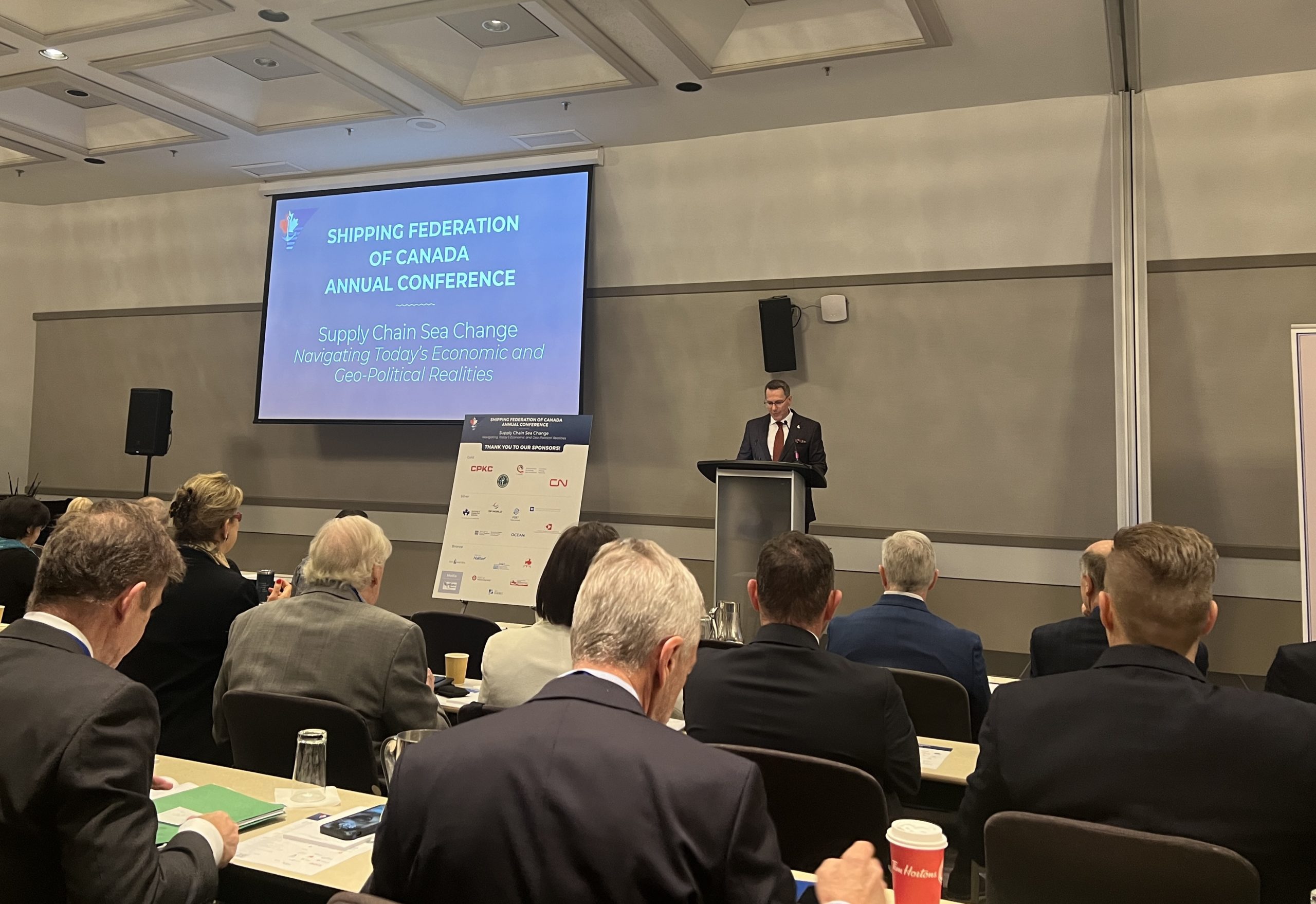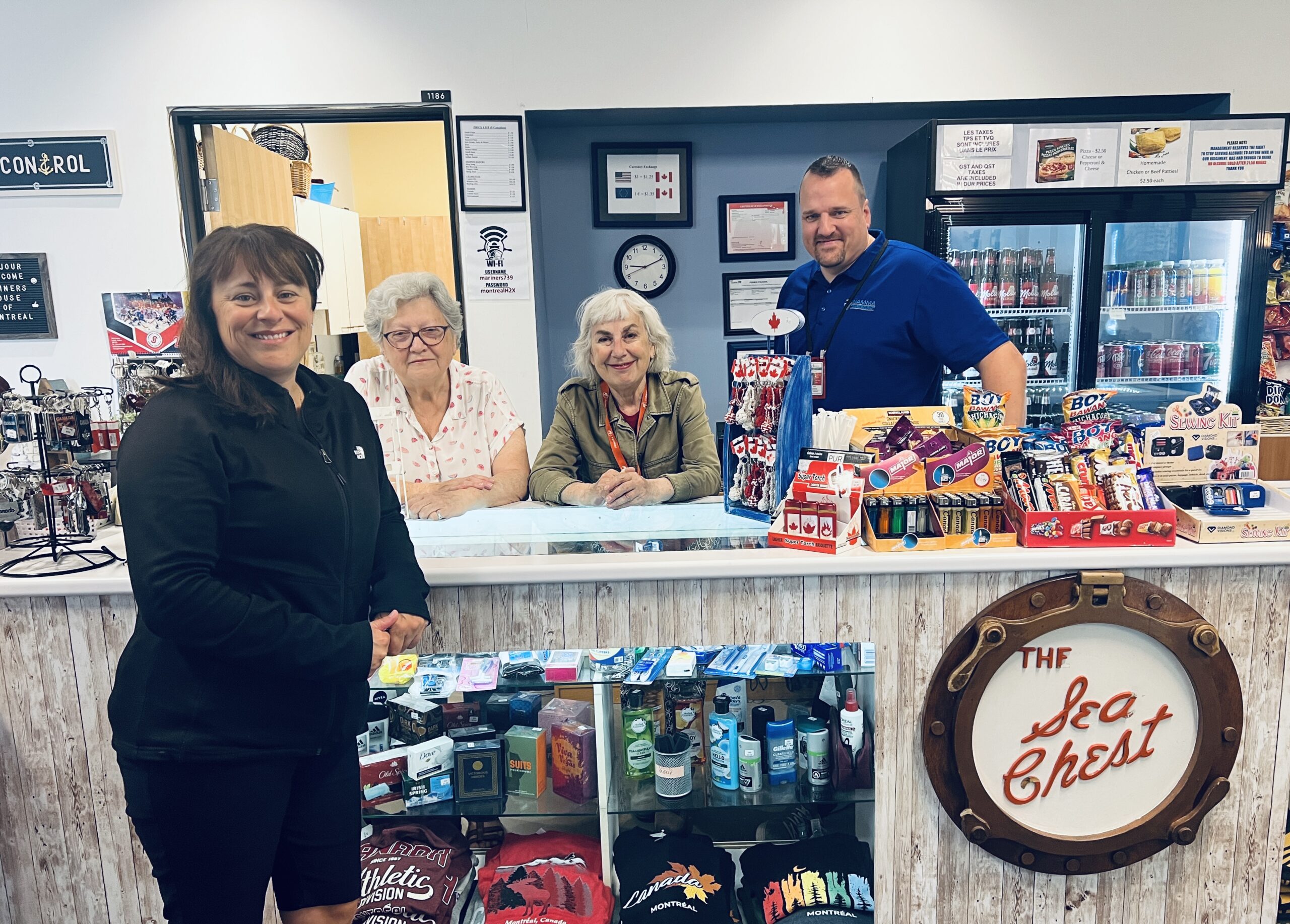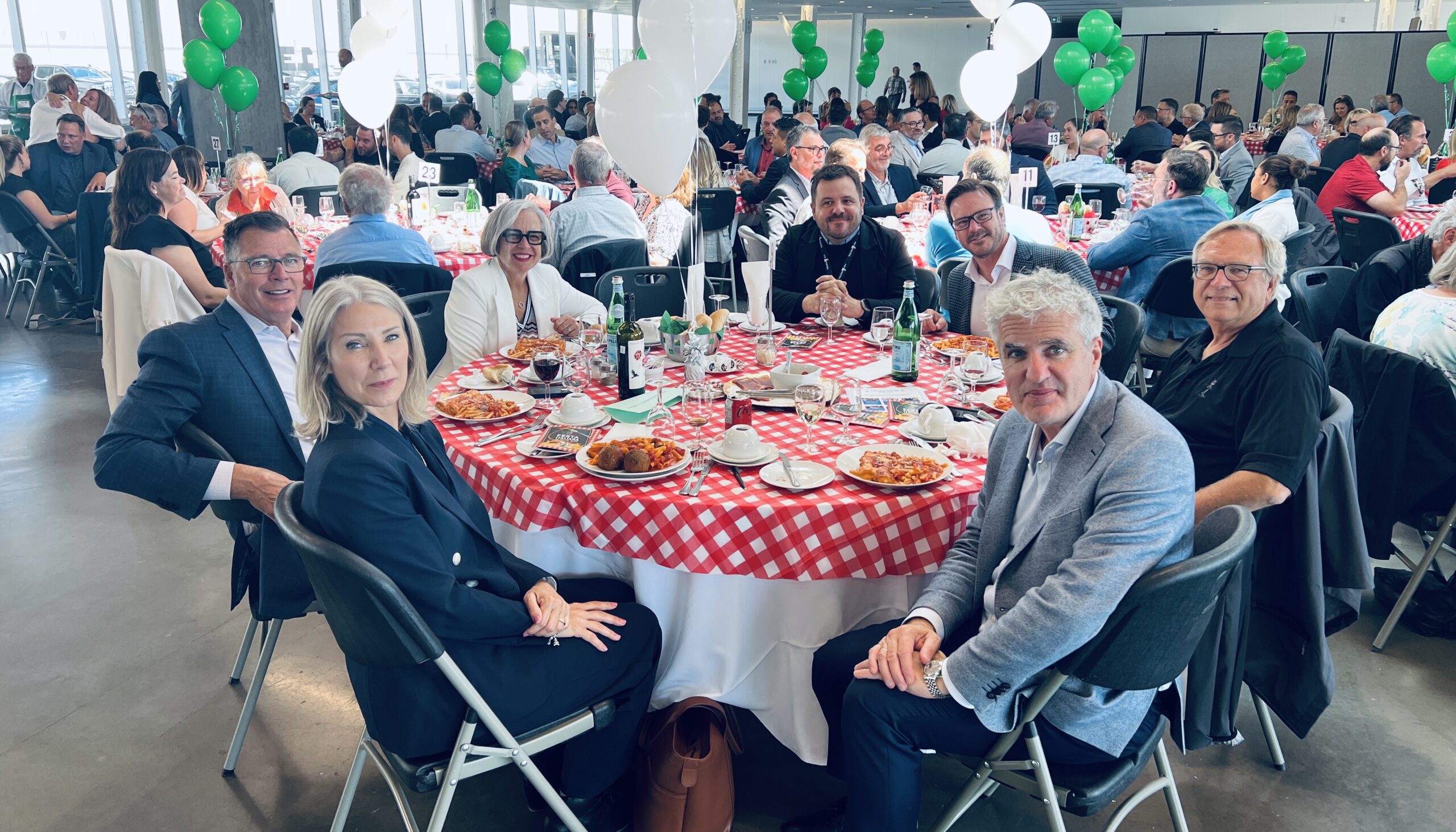On May 7, 2024, the Shipping Federation of Canada held its annual conference at the Mount Royal Centre in downtown Montreal, drawing over 100 attendees. This year’s theme, “Supply Chain Sea Change,” focused on the challenges of navigating economic and geopolitical realities. While the program largely centred on finances and infrastructure, several segments were dedicated to addressing the safety and well-being of individuals in the maritime industry.
Julie Gascon, the newly appointed President and CEO of the Montreal Port Authority, discussed the hurdles faced for ports in a VUCA (volatile, uncertain, complex, ambiguous) world. She highlighted issues such as economic downturns, reduced construction, disruptions in the Red Sea, and potential labor stoppages, which could lead to increased costs. Gascon emphasized efforts to achieve favourable outcomes to maintain the port’s strength, crucial to over 6,000 companies and a pivotal element of the Great Lakes corridor—a region which taken together is the world’s third-largest economy.
Stephen Tapp, Chief Economist at the Canadian Chamber of Commerce, noted that container shipping has made significant improvement since 2022 for on-time delivery, but that Red Sea attacks have had an impact. Joe Kramek, Director of Government Relations at the World Shipping Council, also discussed the impact of the Red Sea stoppage and the global rerouting of shipping and the industry’s response to regulatory and environmental challenges. Frank Mortensen, Senior Vice President of Commercial at Fednav Ltd., expressed concerns about the difficulties caused by the “Grey” and “Dark” fleets around the world. He reiterated Fednav’s commitment to the safety of the crews on his ships, avoiding the Red Sea route.
The afternoon session focused on terminal operations and aligning port capacity with current realities. Mark Hemmes, President of Quorum Corporation, provided an in-depth analysis of grain movements, while Sean Pierce, CEO of Logistec, unveiled a new expansion program, staying committed to safety. Jean Jacques Ruest, retired CEO of CN Rail, shared insights on how rail issues contribute to slowdowns in port efficiency and several suggestions for resilience.
Peter Xotta, President & CEO of Vancouver-Fraser Port Authority, connected with the lunchtime keynote by the Honorable Jody Wilson-Raybould, who shared perspectives from her political career and indigenous community engagement, underscoring the importance of strong relationships with surrounding First Nations communities.
The conference concluded with thanks to Chris Hall, Karen Kancens, and the Shipping Federation team for their roles in organizing the event. Thanks, in particular, to the team at the Shipping Federation for giving a donation to the local seafarers’ centre – The Mariners’ House of Montreal – at the close of the program.





